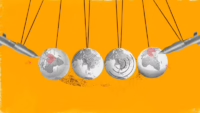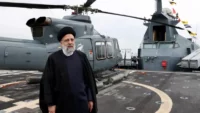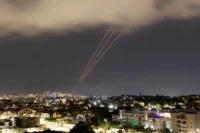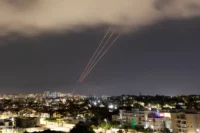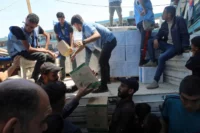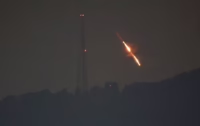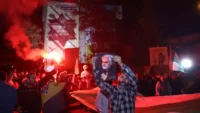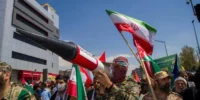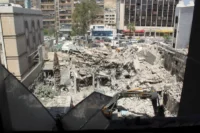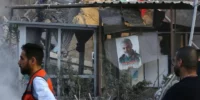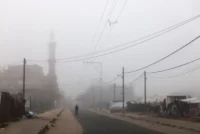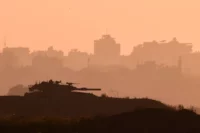
Iran’s attack on Israel was not the failure many claim but it has ended Israel’s isolation
Iran’s direct drone and missile attack on Israel that lasted several hours on Saturday evening has changed the long-established terms of engagement between the two adversarial states. It has also taken the Middle East closer to a wider conflict that if uncontained will have serious and destabilizing ripple effects across the region.
Iranian-Israeli tensions have long simmered in the shadows of the broader Middle East. Iran has, since the 1979 revolution, taken an anti-Israeli posture and as part of its deterrence strategy has cultivated and financed support for the ‘axis of resistance’ network in Lebanon, Syria, Iraq, Yemen and Palestine, surrounding Israel’s borders.… Seguir leyendo »





